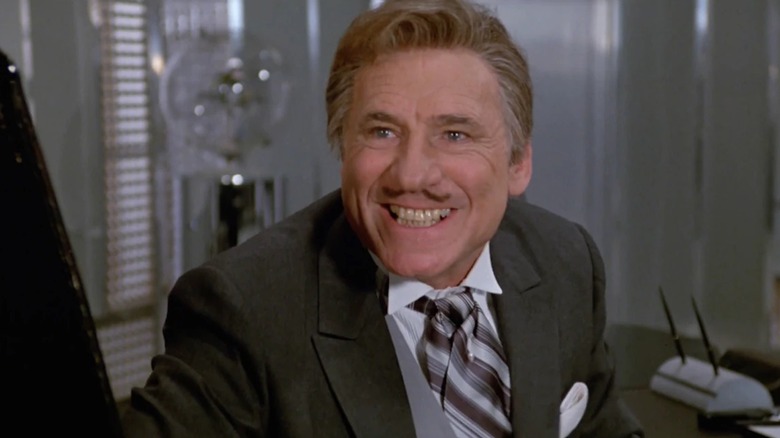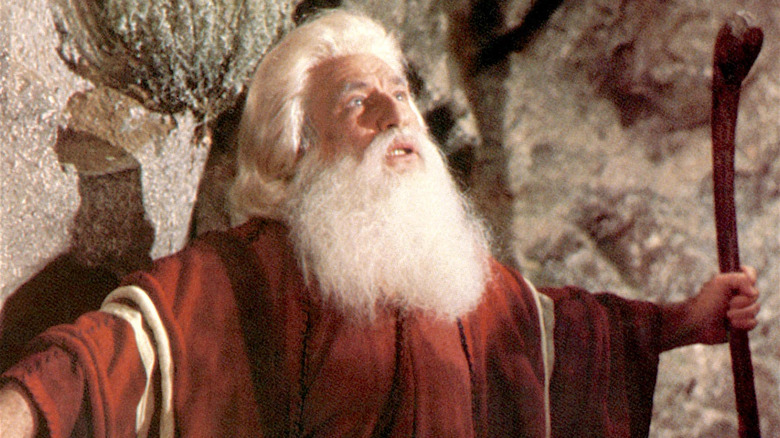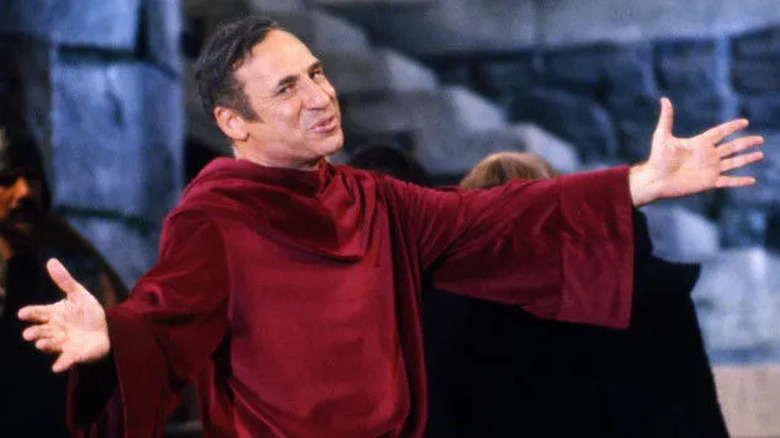How Drumming As A Kid Taught Mel Brooks A Lot About Comedy
When I was in college, my university required that all students take a class called "Co-Op 101." Though this class was designed to teach us how to pick out our internships, apply through the proper channels, and thrive in whatever environment we ended up in, it also taught us skills that we'd need in the real world. Networking, resume building, and career planning were huge parts of the curriculum. One day, I remember the professor going over transferable skills.
Whether you majored in finance, engineering, or screenwriting, having transferable skills is extremely important for every potential employee, especially if you're looking for jobs outside of your field. For example, one of my classmates may have used their project management skills to run a film set and make sure that a shoot went according to plan. But those same skills could also help them in between film gigs when they use the same skills to organize and execute an event like a wedding or an anniversary party. Similarly, a professional wrestler that started their athletic career as a football player may be able to take bumps in the ring a little bit better than someone that didn't since they're acclimated to regularly taking hits and getting drilled into the field.
For entertainment icon, Mel Brooks, some transferable skills that he learned at a young age were rhythm and timing. But he didn't acquire those skills just from absorbing the comedy around him — it was his experience as a drummer that really banged those habits into him.
Marching to the beat of his own drum
During a 2021 interview with The New Yorker to promote his autobiography "All About Me!," the legendary writer, performer, and filmmaker behind such classics as "Blazing Saddles," "The Producers," and "Spaceballs" shared that he had been a drummer as a child. But it was because of his experience as a drummer that he learned one of the most important lessons of comedy — timing is everything. Here's what Mel Brooks had to say:
"It has to do with punchlines. It has to do with timing. It has to do with buildup and explosions. For a joke to work, I always needed that rim shot, when one of the drumsticks hits the rim of the snare as well as the center of the drum and gives you that crack, that explosion. It's the same thing with a joke."
Brooks also revealed that each aspect of performing had a different rhythm. Just as diverse pieces of music may give you varied time signatures, working in theater required a different speed than working in front of a camera. And for the prolific performer, this idea was embodied whenever he worked with Carl Reiner. While Reiner didn't appear in any of Brooks' movies, the duo still made magic together on stage:
"Timing in a movie is very different from timing on the stage. It has to do with drumming, it has to do with rim shots. But on the stage, there's a special rhythm and an explosion. Carl and I didn't work in movies well together. We knew we were stage people. But I loved Carl, and I loved his friendship. I loved everything about him. He was so original. He said, 'We don't need an audience. Let's just do an act for ourselves.' He was so different, so special."
However measured or far away
Throughout the interview, the then-95-year-old entertainer dropped a number of gems from his collection of wisdom that he accumulated during his lifetime. But there was one transferable skill in particular that has served him well no matter what medium Mel Brooks was working in: Just say yes.
Brooks talked about how he'd constantly get away with things at the studios since his movies were filled with gags and punchlines that constantly pushed the comedic envelope. But when he was given notes, he would just say yes, then just do what he wanted anyway because he believed in his material. He continued:
"Don't fight them. Don't waste your time struggling with them and trying to make sense to them. They'll never understand."
Used properly, that's certainly a philosophy that could transfer across multiple occupations. Sure, Brooks isn't exactly Henry David Thoreau in this moment, but if you're passionate and determined enough to see your dreams come true, then it's great life advice.


